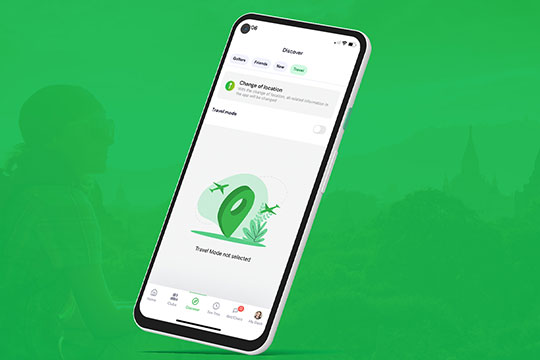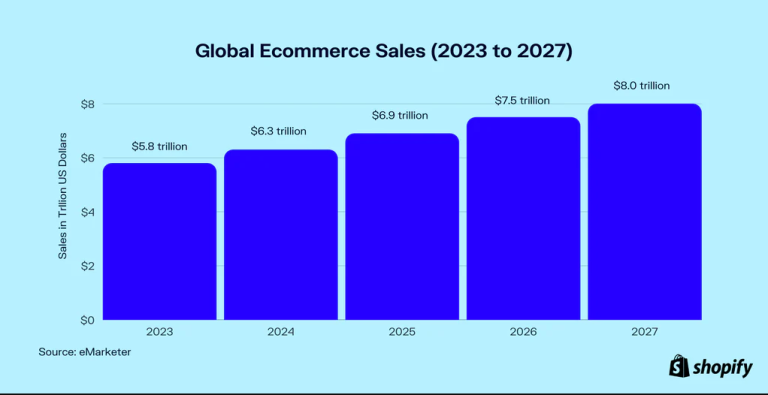In an era dominated by smartphones, mobile applications have become integral to almost every aspect of our lives. The travel industry is no exception, with mobile apps playing a pivotal role in enhancing the overall travel experience.
As we explore the various dimensions of this phenomenon, it becomes evident that the relationship between travelers and mobile apps is continuously evolving.
Evolution of Mobile Apps in Travel
The history of travel-related mobile applications is fascinating, reflecting the rapid technological advancements over the years. From basic itinerary planners to sophisticated, feature-rich applications, the evolution has been substantial. As mobile devices became more powerful, developers capitalized on the opportunity to create innovative solutions tailored to the needs of modern travelers.
Current Trends in Travel Apps
In the current landscape, several trends shape the functionality and popularity of travel apps. The demand for seamless and personalized experiences has given rise to a myriad of features that cater to the diverse needs of travelers. Whether it’s planning, navigation, or social interaction, travel apps have become versatile tools that significantly contribute to the enjoyment of the journey.

Personalized Travel Planning Apps
One of the standout trends is the rise of personalized travel planning apps. These applications analyze user preferences, interests, and past travel behavior to create tailor-made itineraries. By leveraging algorithms and machine learning, these apps not only save time but also enhance the overall travel experience by suggesting activities, attractions, and accommodations that align with individual preferences.
Augmented Reality (AR) in Travel Apps
The integration of augmented reality (AR) has added a new dimension to travel apps. AR enhances the user experience by overlaying digital information onto the real-world environment. For instance, AR can provide historical facts about landmarks, offer real-time translations of street signs, or even simulate how a particular destination looked in the past. This immersive technology brings destinations to life in ways previously unimaginable.
Real-time Navigation and Mapping Apps
Efficient navigation is crucial for a smooth travel experience. Modern travel apps offer real-time navigation and mapping, helping users navigate unfamiliar territories with ease. These apps provide up-to-date information on traffic conditions, public transportation routes, and points of interest, ensuring that travelers reach their destinations hassle-free.
Language Translation Apps
Language barriers often pose challenges for travelers exploring new regions. Language translation apps have emerged as invaluable tools, breaking down communication barriers by instantly translating text or speech. These apps facilitate meaningful interactions, making it easier for travelers to connect with locals and immerse themselves in the local culture.
Travel Expense Management Apps
Managing travel expenses can be a cumbersome task, but travel expense management apps have simplified the process. These apps allow users to track and categorize expenses, capture receipts, and generate expense reports effortlessly. The integration of such tools ensures that travelers can focus on their experiences rather than worrying about financial logistics.

Social Integration in Travel Apps
Traveling has become a social experience, and travel apps are increasingly incorporating social features. From sharing travel itineraries to posting real-time updates and photos, these apps enable users to connect with fellow travelers and share their experiences. Social integration enhances the sense of community among travelers and provides valuable insights and recommendations.
Emerging Innovations in Mobile Travel Technology
The landscape of mobile travel technology is ever-evolving, with continuous innovations shaping the future. Technologies like artificial intelligence, virtual reality, and blockchain are poised to bring about transformative changes. For instance, AI-powered travel assistants, virtual travel experiences, and secure blockchain-based transactions are on the horizon, promising even more exciting possibilities for the future of travel apps.
Sustainability and Eco-friendly Travel Apps
With an increasing focus on sustainability, travel apps are now promoting eco-friendly travel choices. Apps that suggest eco-conscious accommodations, carbon footprint calculators, and information on environmentally friendly transportation options empower travelers to make responsible choices. The integration of sustainable practices into travel apps contributes to the global effort to minimize the environmental impact of tourism.
Challenges and Solutions in Travel App Development
The development of travel apps is not without its challenges. Developers face issues such as data security, compatibility across various devices, and the need for seamless integration with other platforms. However, solutions are continually being devised, with robust security protocols, cross-platform development frameworks, and APIs that enable smooth integration with third-party services.
User Security and Privacy in Travel Apps
Ensuring user security and privacy is paramount in the development of travel apps. With the collection of sensitive information such as travel itineraries, payment details, and location data, developers must implement stringent security measures. Encryption, secure authentication processes, and transparent privacy policies are crucial elements in building trust between users and travel app providers.
Impact of COVID-19 on Travel Apps
The global COVID-19 pandemic has significantly impacted the travel industry, leading to changes in the way travel apps operate. The focus has shifted to features that prioritize health and safety, such as real-time updates on COVID-19 restrictions, contactless check-ins, and information on hygiene protocols at various establishments. Travel apps have adapted swiftly to cater to the evolving needs and concerns of travelers in these unprecedented times.

FAQs
Are travel apps only for tech-savvy individuals?
No, modern travel apps are designed to be user-friendly and cater to individuals of all technological backgrounds.
How do travel apps contribute to sustainable tourism?
Some travel apps promote eco-friendly choices by suggesting sustainable accommodations and transportation options.
What security measures do travel apps have in place to protect user data?
Travel apps employ encryption, secure authentication processes, and transparent privacy policies to safeguard user information.
Can travel apps help during the COVID-19 pandemic?
Yes, many travel apps provide real-time updates on COVID-19 restrictions, contactless check-in options, and information on hygiene protocols.
What is the future outlook for travel apps?
The future of travel apps involves continuous innovation, including AI-powered travel assistants, virtual experiences, and more sustainable features.
In conclusion, the role of mobile apps in enhancing travel experiences is dynamic and multifaceted. From simplifying itinerary planning to breaking language barriers and incorporating cutting-edge technologies, travel apps have become indispensable companions for modern travelers.
In the ever-evolving realm of travel, mobile apps have emerged as transformative allies, shaping unparalleled experiences for explorers worldwide. As we unravel the latest trends and innovations, it’s clear that these high-tech companions redefine the very fabric of travel, blending convenience with adventure seamlessly. From intuitive navigation to immersive cultural insights, the synergy between mobile apps and travel is unparalleled. To embark on your journey of seamless exploration powered by cutting-edge technology, connect with us at Ndimension Labs. Let’s turn your travel dreams into unforgettable realities.


















